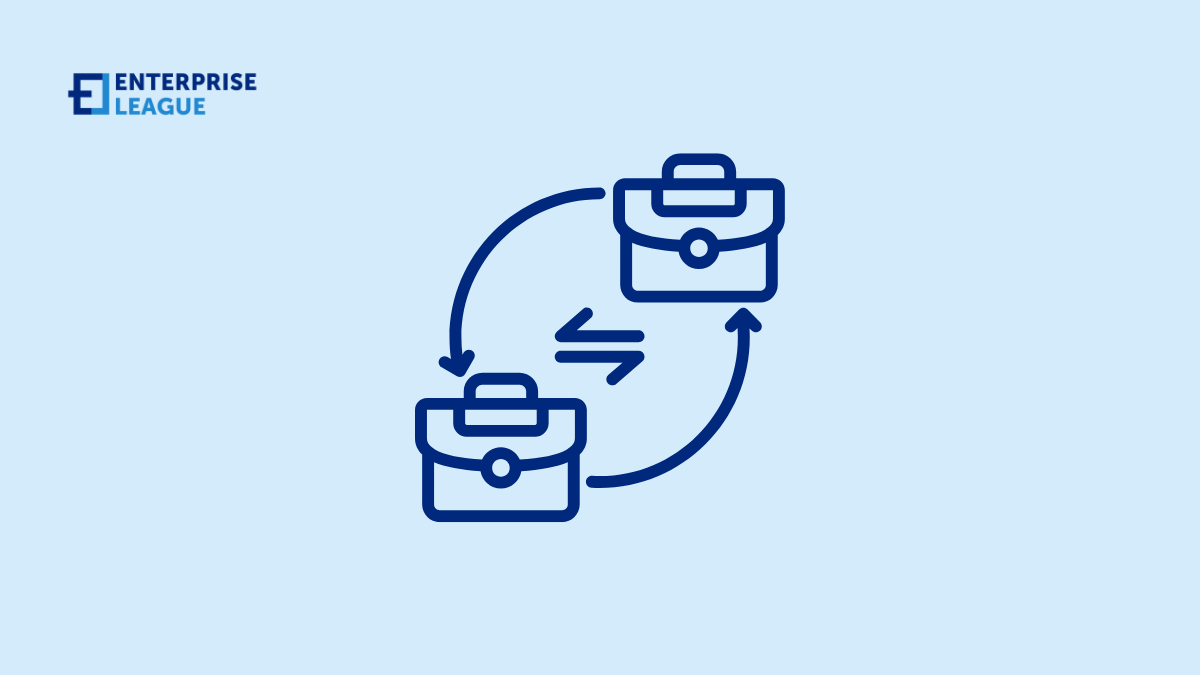Hydrophobic automotive coatings have moved from a premium upsell to an expectation. Customers seek deep gloss, instant water beading and long-term protection, requiring car wash operators to use chemistry that supports rather than harms protective finishes....

What is payroll and why is it critical for every business?
Payroll is one of the most critical business processes for complicated business operations. It is not just a part of daily administration but a decisive factor in employee satisfaction, legal compliance, and company productivity. Maintaining a well-organized payroll system will contribute to the success of your business and foster a positive work environment.
Defining payroll
What is payroll? At the most basic level, payroll is delivering wages to employees. This process includes everything from tracking hours worked to calculating payroll, withholding taxes, and making payments. Effective payroll management significantly impacts the employee experience, as timely and accurate payments build trust and improve workplace morale.
The need for precision in payroll
Correctness in payroll calculation has multi-fold importance. The first is that it protects businesses from lawsuits. Unethical payments may result in disputes, penalties, or lawsuits. Lastly, they help increase financial predictability through accurate payroll, enabling firms to predict expenses and allocate resources accordingly. This approach ensures that businesses maintain compliance with regulations and assists financial planning through additional precision.
Affects employee satisfaction
Timely and accurate wage payments are a significant determining factor in employee morale. Employees depend on the company to fulfill personal and family needs; hence, any variations lead to discomfort and dissatisfaction. Paying the correct time every time is a show of respect for their time and energy and will earn you loyalty and retention of quality staff. Fundamentally, pay rights are a critical factor in employee retention and engagement.
Payroll’s role in compliance
Noncompliance may result in substantial penalties and harm to a company’s reputation. Businesses must adhere to various legal obligations regarding payroll, including the classification of their employees, reporting, and tax withholdings.
Keeping up-to-date laws and regulations ensures compliance with payroll practices so the company can avoid raised liabilities from nowhere. Strict compliance with the law is thus necessary to protect the company’s status and assets.
Payroll optimization
Technology helps businesses improve accuracy, allows employees to spend less time on administrative work, and allows companies to focus on what they do best. This system helps run payroll more efficiently, minimize errors, and save time. Various automation tools and software simplify calculations, keep track of employee hours, and make reports with less human interaction. By embracing automation, companies may be able to carry out their payroll operations equally and improve their overall efficiency.
Choosing the right payroll system
Selecting an appropriate payroll system is crucial for ensuring seamless operations. When choosing a payroll solution, businesses should consider the complexity of their payroll requirements, the number of employees, and whether it needs to integrate with existing systems. An ideal payroll solution must be flexible, accommodating, scalable, and intuitive to meet a company’s needs. A sound decision allows for the implementation of a system that matches the business objectives and sustains growth.
Managing payroll problems
Payroll management is one of the most critical yet challenging processes. These challenges could include staying in tune with constantly evolving regulations, managing a diverse class of employees, and dealing with complicated tax requirements. Payroll can have far-reaching consequences, such as employee trust and financial stability. Tackling these challenges requires a cycle of learning, adaptability, and proactive problem-solving.
Technological developments
Continuous technological development keeps changing the payroll method through new, innovative, and efficient devices, improving and enhancing accuracy. Trends like AI-driven payroll analytics, mobile payroll applications, and cloud-based payroll solutions are becoming more popular.
These trends are key to real-time data access, better accessibility options, and strategic decision-making through payroll management. Keeping up with the pace of technological trends enables the business to take maximum advantage of new opportunities and remain competitive.
Conclusion
Payroll is one of the key pillars that make a business work. Realizing its significance will enable businesses to retain employees, fulfill compliance, and maximize financial management. Technology-driven innovation and operational efficiency can complement payroll efficacy and build growth and sustainability. Companies with a reliable payroll system can spend less time worrying about business administration and invest more in the efforts essential to fulfilling their business strategy.
More must-read stories from Enterprise League:
- Warning signs of a terrible boss that everyone must be aware of.
- Find out how to turn your hobby into a business.
- Engaging online networking events that you should not miss.
- The only list of novels for entrepreneurs that you will ever need.
- Why hiring millennials might be the best decision you can ever make.
Related Articles
What’s the Best Ceramic Car Wash Soap? 5 Top Options
What are the best fire hydrant suppliers? Here are 5 options for Louisiana municipalities
Fire hydrants are among the most visible, yet often underappreciated, elements of municipal infrastructure. In emergencies, properly functioning hydrants directly impact how effectively firefighters can control blazes, protecting lives, homes, businesses and public...
Best 1800 Number Providers In Australia
If you're operating a business in Australia, it's in your best interest to invest in the right tools to give you an advantage in your respective field. One tool that many local entrepreneurs often overlook is a business number, particularly an 1800 number. 1800...
How to Describe Your ICP for an AI Lead Finder: Examples and Best Practices
The prompt is everything. When using an AI lead finder, the quality of your results depends entirely on how well you describe what you're looking for. Get it right, and you'll receive a list of precisely targeted prospects in seconds. Get it wrong, and you'll waste...
What Are the Best Private Label Bread Suppliers for Grocery Stores? These Are the 6 Top Options
Store brand bread programs have become a core growth lever for fresh goods stores that want stronger margins, tighter brand control and more flexibility in how products reach shelves. For business owners and operators, the supplier behind that program matters just as...
















